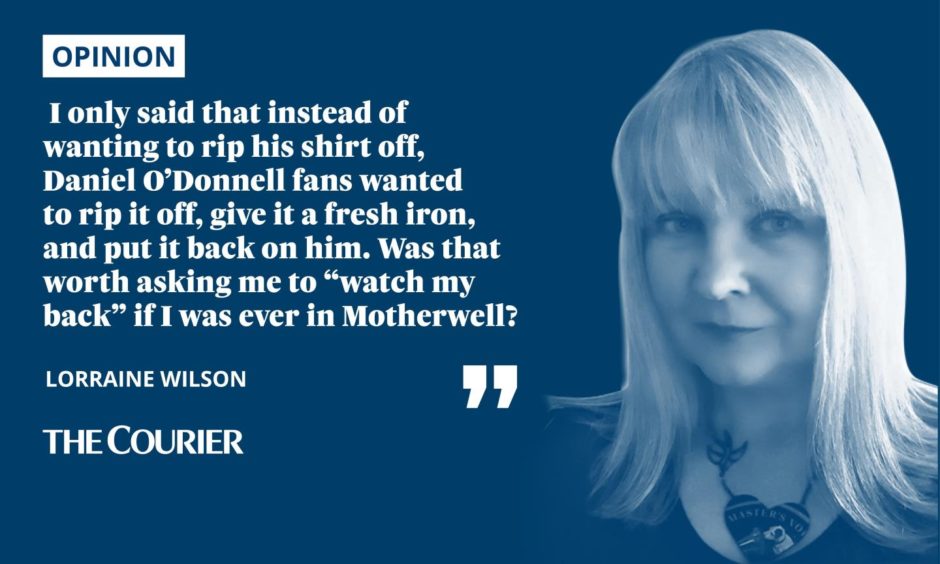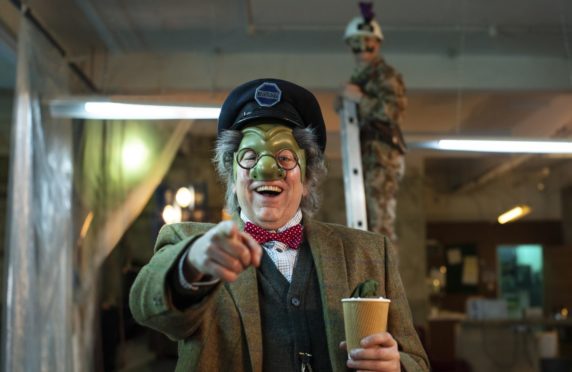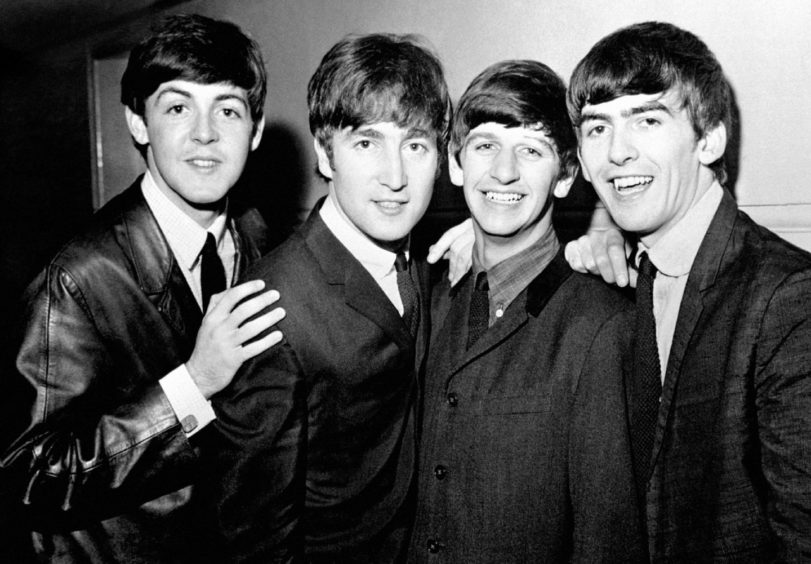Everyone’s a critic. Quite right too. If we’ve spent our hard-earned on a show, book, album, or even a streaming service or the TV licence, we are within our rights to have an opinion about the quality of what is delivered.
Walking among us, however, there are some who have been paid for that. I include myself in that.
What are the qualifications? Maybe an in-depth knowledge of the subject. Mine have usually been music, comedy and theatre.

Aside from the knowledge, though, there’s the ability to stand back and look at something on its own merits, whether it’s your “thing” or not. Bring dispassion to your passion really.
The gruesome part of the job is offering a star rating. That can take longer than writing the review.
Is anything five-star? Perfect? If it ticks all the boxes and goes beyond, is it a four? If it’s good but not extraordinary, is a three? That feels a bit meh. And let’s not even talk about two or one-star shows.
Critiquing the critics
Professional critics can be in for some heavy duty criticism themselves, even a death threat or two.
If they’re written in multi-coloured felt tip pen (as it was with Westlife fans) you feel safe enough.
If it comes in neat script on peach vellum stationery, complete with address sticker on the envelope, be afraid.
Look, I only said that instead of wanting to rip his shirt off, Daniel O’Donnell fans wanted to rip it off, give it a fresh iron, and put it back on him. Now was that worth asking me to “watch my back” if I was ever in Motherwell?
It wasn’t the only warning to lay off their boy, but it was the most memorable.
Never has “everyone’s a critic” been as relevant as on social media. That ability to stand back and offer a balanced view isn’t quite as prevalent.
Frankly I wasn’t angry, I was disappointed…
Keyboard warriors and invisible critics can leave scathing and cruel reviews without any comeback, hiding behind pseudonyms and fake profile pictures.
Last week, when the first episode of the new series of Inside No 9 aired, the BBC2 anthology series of dark comedy dramas with a twist, I just happened to mention that the usually excellent Reece Shearsmith and Steve Pemberton had, for once, really missed the mark with something that was far too knowing and clever for its own good.
Pretty balanced comment there I thought, nothing too nasty. Frankly I wasn’t angry Steve and Reece, I was disappointed…
I wasn’t prepared for a bad review of a bad review though. These are supposed to be my friends.
The defence of this one half hour of TV was pretty full-on. I had to check my comment that I hadn’t accused them of drowning kittens.
Have they ascended to that pantheon of cultural “sacred cows”, people that are deemed so important to their field that they are above any kind of criticism?
What do you mean? It’s genius!
Well, I have the ball here, so I can say that in that category lies the likes of Bob Dylan (genius, poet, blah blah blah), Monty Python (changed the face of comedy), J.K. Rowling (single-handedly responsible for children reading), Led Zeppelin (Jimmy Page, blah blah), the Rolling Stones and Patti Smith.
I still don’t understand the final two, but people shout at me that I’m WRONG about them so often that I think they deserve a place in there.
It’s more than I don’t get them. I’m an ABBA fan, but I can understand why people might not like what they produced. I won’t hear a word said against Kate Bush, but I don’t have a hissy fit when someone makes a face at the mention of her name.
So why are some seemingly untouchable? Even The Beatles and Elvis had some pretty duff moments, and it’s fair to say that both changed the face of popular music.
Is there something in what they do that touches some people so deeply, that criticism of the performer or writer is taken personally. They relate to them so closely that it’s like (or worse than) criticising a member of the family?
When anyone puts anything into the public sphere it’s up for comment and criticism. No-one is beyond that. If we all agree to do it with a degree of respect then we might be able to let the field gate open and let the scared cows go free.
One piece of advice. If you ever take the leap into the world of professional criticism, you’ll be scribbling away in the dark.
Some fellow audience members will glance, look down at the pad, and look away. Others will lean in and ask who you’re writing for.
Never tell them. Everyone’s a critic.













